In this article
Understanding Vishing
"Your bank account has been compromised, please confirm your number to secure it." If you've ever picked up a call and heard something like this, don't believe it immediately; you might be facing a vishing attack. Now you might be thinking, What is vishing? And what is a vishing attack exactly? Well, keep reading, because we're here to break down all you need to know about vishing and share simple tips to keep yourself safe.
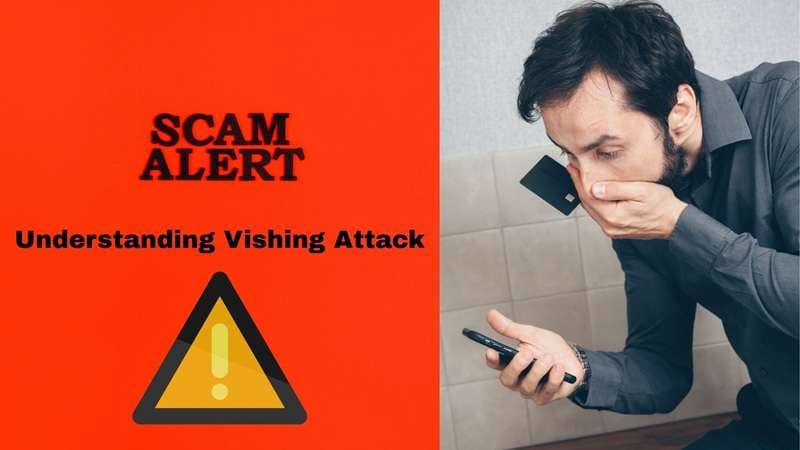
Just to be clear, we're not talking about fishing in a river. We're talking about vishing in the world of cybersecurity. So, what is vishing in cybersecurity? Well, vishing is simply short for voice phishing, and the meaning of voice phishing is easier to grasp than it sounds.
It's a scam where fraudsters use phone calls or voice messages to trick people into sharing private details like bank numbers, passwords, or security codes. Unlike regular phishing that hides behind suspicious emails or links, vishing convinces you to speak out the information yourself.
Vishing vs. Phishing: What's the Difference?
When talking about online scams, it helps to see the difference between vishing and phishing. Phishing usually comes in the form of a fake email that tries to lure you into clicking a malicious link or sharing private details. Vishing, on the other hand, uses phone calls instead of through email.
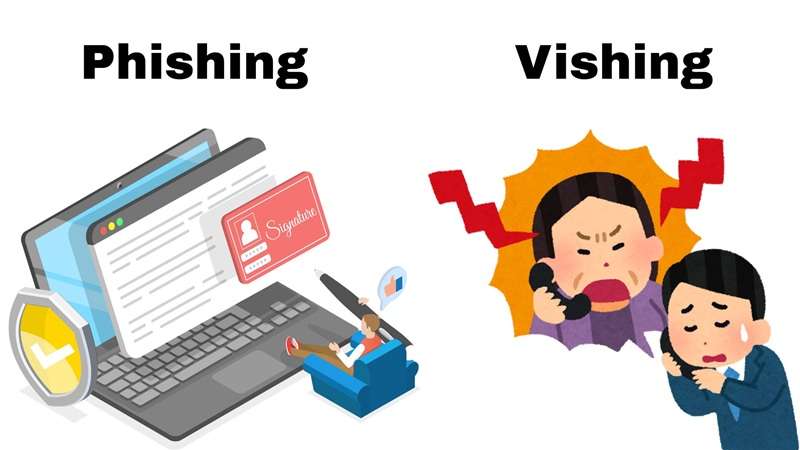
A classic example of phishing is an email claiming your account needs to be verified with a link that leads to a fake site, while a vishing attack could be a caller pretending to be tech support and asking for your login information.
Application Section - How Vishing Works Behind the Scenes
Now that you understand the meaning of voice phishing, it's time to see the tricks scammers use when a vishing scheme unfolds. A vishing attack often starts with a simple phone call, a voicemail, or even a VoIP setup that feels surprisingly professional.
To make it more convincing, scammers sometimes use robotic voices that mimic automated systems, making the message sound like it's coming from a bank or official service. With the help of tools that can change voices, like the Filmora voice changer, these fake calls can be crafted to sound polished and believable, which is exactly why so many people fall for them.
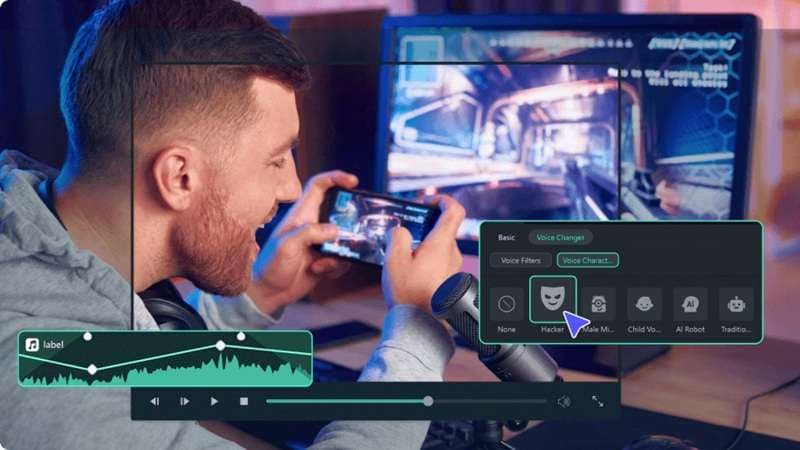
Different Types of Vishing:

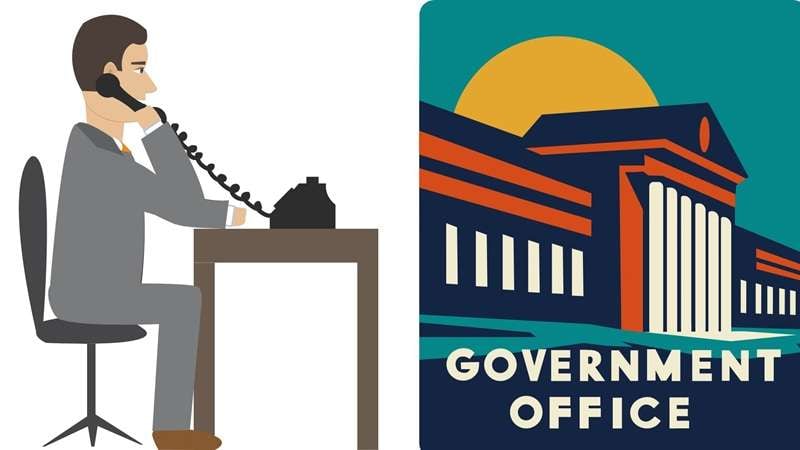

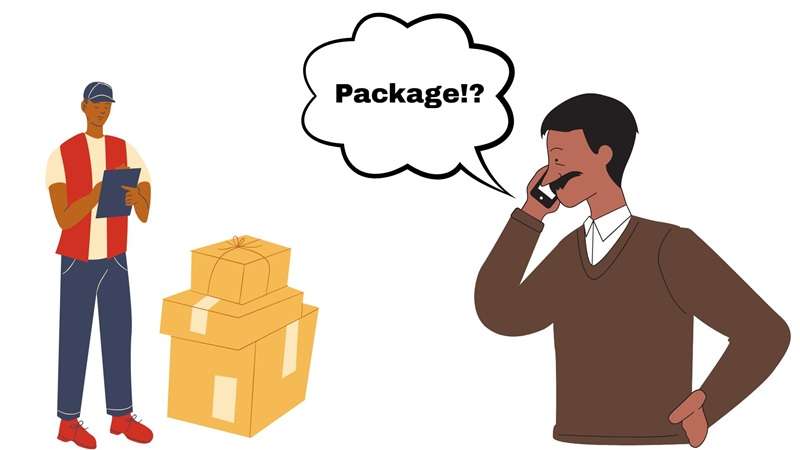
Create Awareness Videos with Filmora
One of the best ways to help people understand the meaning of voice phishing is by showing how it sounds in real life. You can create simple awareness videos and use Filmora's voice changer to mimic scam calls, giving a clear picture of how a vishing attack might come across over the phone.
The voice changer comes with plenty of effects and filters that make these examples more realistic. On top of that, Filmora is an all-in-one video editor, so you can record, edit, and share everything in one place without needing extra tools.

Here's what makes using Filmora to create a vishing awareness video is a great choice:
Practical Demonstration Section - How to Spot a Vishing Attack
Creating awareness videos is a powerful way to show how scams work, but protecting yourself starts with recognizing the signs in real life. So in this part, we'll go over the common signs of vishing in cybersecurity and share simple tips you can use to stay safe.
Red Flags That Scream Vishing
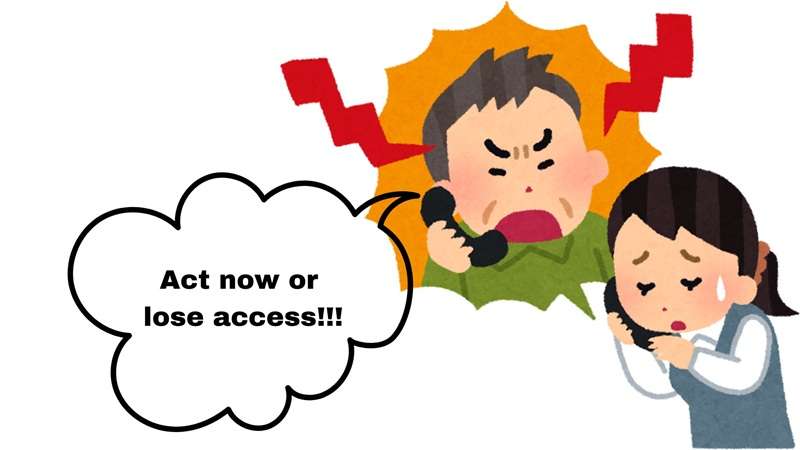

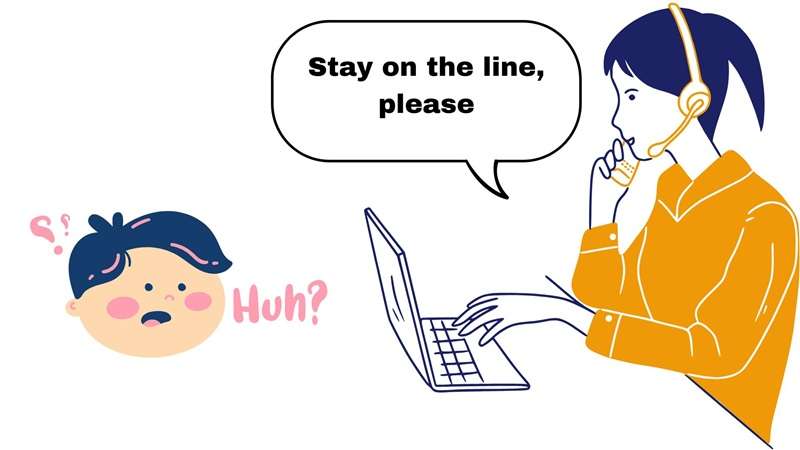
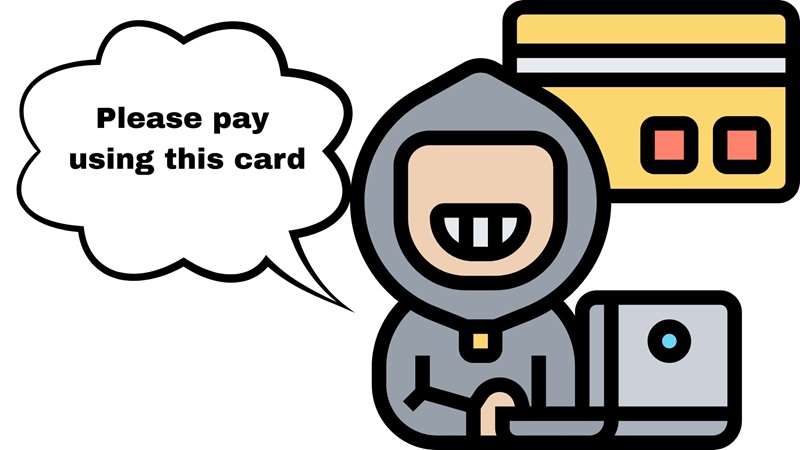
Practical Tips to Protect Yourself from Vishing Attacks
FAQs About Vishing
Frequently Asked Questions
-
Can vishing happen through apps like WhatsApp or Skype?
A simple call cannot hack your phone, but answering and following their instructions can put you at risk. The real danger starts when you share details or download something they push on you.A simple call cannot hack your phone, but answering and following their instructions can put you at risk. The real danger starts when you share details or download something they push on you.What is the difference between a phone scam and spam calls?What is the difference between a phone scam and spam calls? -
Is vishing illegal in every country?
Vishing is recognized as a form of fraud, and in most places it is completely illegal. Laws may differ by region, but in cybersecurity terms, vishing and phishing are both serious crimes everywhere. -
What should I do if I already shared my information during a vishing call?
If you realize you fell into a voice phishing trap, act fast by contacting your bank or service provider and securing your accounts. The sooner you respond, the better chance you have of limiting damage from the vishing attack. -
Is it safe to call back a missed number from someone I don't know?
Calling back an unknown number can be risky because it might connect you to a scammer or a high-fee line. It is always better to look up the number first or let it go if it seems suspicious.Calling back an unknown number can be risky because it might connect you to a scammer or a high-fee line. It is always better to look up the number first or let it go if it seems suspicious.What should I do if I've already given my details to a scammer?What should I do if I've already given my details to a scammer? -
Can AI voices make vishing harder to detect?
Yes, AI voices add a new layer of danger to vishing in cybersecurity. Scammers can use realistic-sounding audio to make fake calls more believable, which is why awareness and caution matter more than ever. -
Are older people more likely to be targeted in vishing scams?
Unfortunately, yes. Fraudsters often target older adults because they may be less familiar with the tricks behind vishing and phishing, making them easier victims for voice phishing schemes.




